OU expanding efforts to become a greener campus
Offices across campus will receive labeled single-stream recycling bins to promote mindfulness of the environment.
Recycling is on the rise at Oakland University.
For years we were taught “reduce, reuse, recycle” as a way to reduce our carbon footprint, but is simply tossing a plastic bottle in the recycling bin enough to make an impact? Or is it not as convenient as finding another garbage bin along the way?
For many, recycling can be seen as another confusing chore leaving them questioning what can and cannot be recycled. For others, this is an opportunity — one that is reaching toward the overall push to become a much greener planet by reducing what makes it into the garbage and what gets recycled.
Many on OU’s campus view recycling as an easy and rewarding accomplishment, and their goal is to educate others on how to properly recycle materials.
Two organizations on campus in particular have been doing just that.
Sustaining Our Planet Earth (S.O.P.E.) is a student and staff-led initiative to promote a more sustainable lifestyle, especially in the housing on OU’s campus.
Morgan Sumpter, a recent OU graduate, has spent three years working with S.O.P.E.
“The purpose of S.O.P.E. is to raise awareness about how important it is to be mindful of the environment,” Sumpter said. “Our goal is to transition Oakland University into an environmentally friendly campus. We coordinate education programs and promotions because some people have no idea what can and cannot be recycled.”
Riley Miller is president and co-founder of the newly established student organization, Green Greeks, which also sees a green future for OU’s campus.
“Green Greeks is a club that promotes conservation, environmental education and awareness of the impacts we have on our environment with the single biggest group of any type of club/organization on campus — Greek life,” Miller said.
Both organizations hope to create a more eco-friendly campus by educating people on the importance of recycling and the impact our waste has on our planet.
When it comes to what should and shouldn’t be placed in the recycling containers, the lack of knowledge is a dangerous dilemma. Mixing garbage and food waste with materials that can be recycled causes contamination. This leads to the dumps filling up with items that could have been reduced, reused or recycled.
“A lot of people look at their objects and see the small triangle and recycle it without knowing what really can and can’t be recycled,” said Pat Engle, associate vice president of Facilities Management at OU.
In an attempt to resolve this issue, Engle has worked closely with Anthony Gallina, director of philanthropy for the School of Education and Human Services, to educate and promote recycling on campus with their new program, which will start in fall 2019.
“Oakland University has always recycled,” Gallina said. “But I know recycling has been talked about a lot more.”
Gallina is an OU alumnus and seven years later, he still continues to give back to the university.
Inspired by Oakland’s “Clean Air for the Bear” initiative, Gallina proposed what he calls “the grand idea” in a formal program through the Administrative Professional Assembly, with a goal to make OU a green campus.
“We have taken over a year to sustain this plan and make it successful,” Gallina said. “Recycling is the first step and with the education and promotion, our campus could start more.”
Ally Fiori, an OU student, spends a lot of her time on campus, as she is involved in her sorority, works for University Housing as a resident assistant and is the parent and family orientation assistant for Orientation and New Student Programs.
“I think recycling is important to Oakland for sure,” she said. “I always see recycling bins across campus and I have never not had one nearby when I needed one. I feel like there are tons of opportunities to recycle, it’s just about being active enough to care to look for those green bins.”
However, unlike Fiori, sometimes students don’t know where to look when trying to find where to correctly recycle materials, and this has become a growing concern due to the lack of resources and education.
Engle and Gallina look forward to promoting green living and providing the answers to all the student body’s questions regarding recyclables with the installment of their new ideas that will be released this fall.
“We have a really beautiful, green campus,” Engle said. “So, the dream is to have campus buy-in and engagement with our recycling plan.”
With a new name, logo, and committee for their Street Team, the plan begins with ensuring that every building has the proper recycling resources. All of the offices across campus will receive a labeled, single-stream recycling container.
With the addition of the containers on campus, there will be flyers placed above them that contain graphics displaying what can and can’t be placed in the bins to avoid the risk of contaminating the materials.
“It takes a lot of time and effort to keep a plan like this going,” Gallina said. “You have to be passionate and excited about it. And the overall goal is not having waste happen — waste minimization is crucial.”
With the support and effort of Engle and Gallina, as well as organizations like S.O.P.E. and Green Greeks, recycling is becoming more prominent and stronger on OU’s campus than ever before.
For more information on what can and cannot be recycled in Michigan, visit michigan.gov.



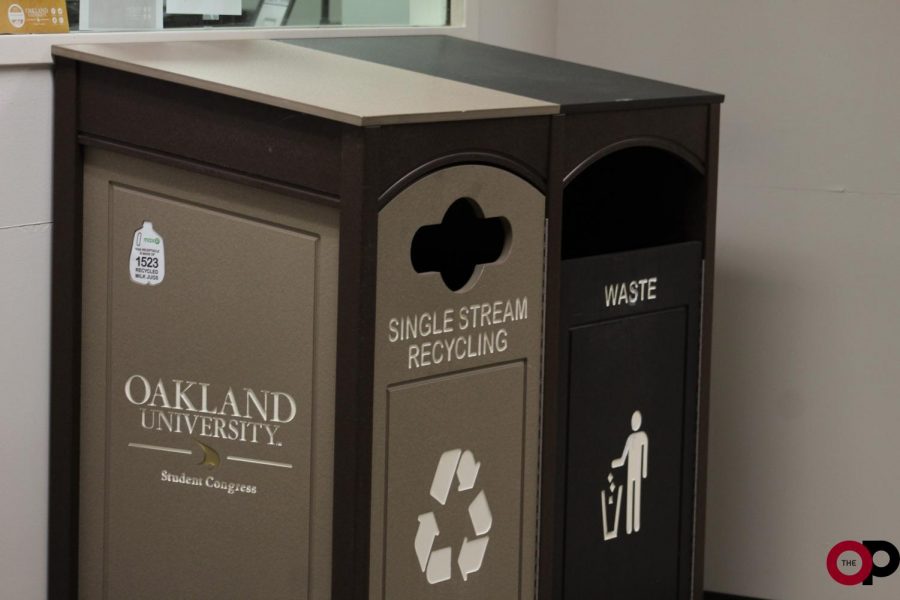
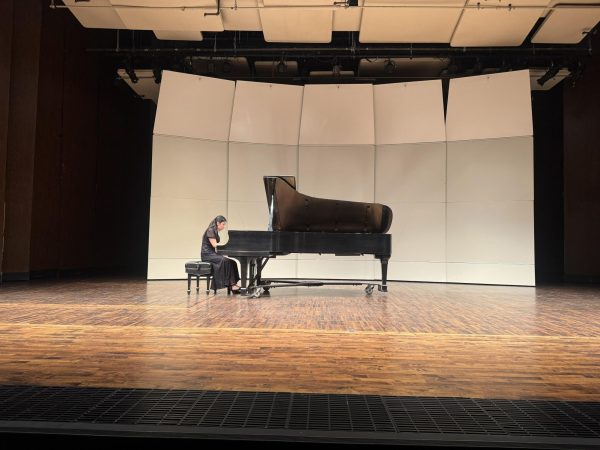
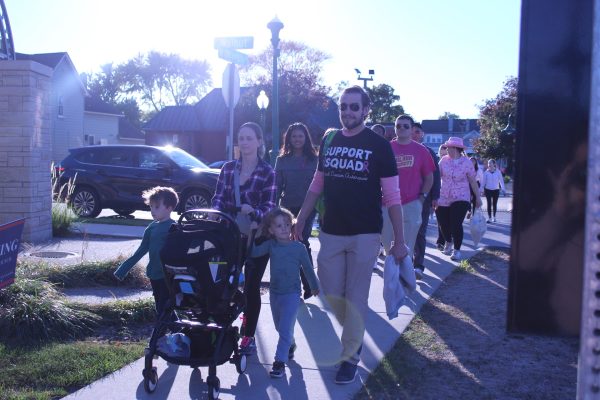
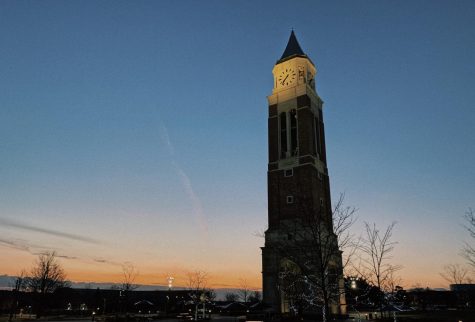


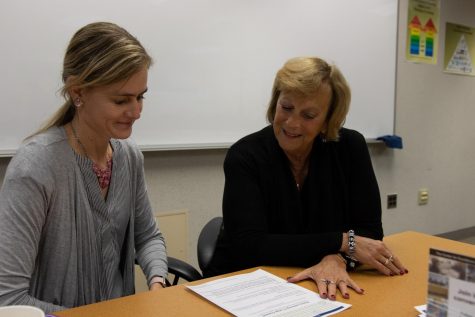
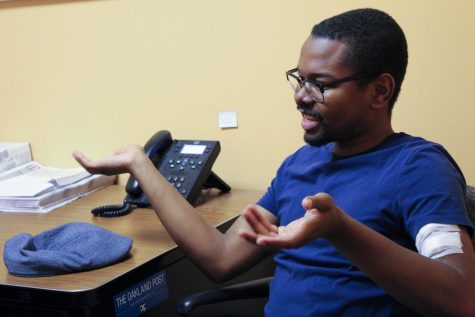
Anne Ventura • Aug 12, 2019 at 10:51 PM
If the individual water bottles are such an issue, why are they being given out to the communities having water crisis(lead) .why not give out large ,perhaps refillable containers and have people use own cups, glasses etc.